During pregnancy, taking care of the health of the mother and the fetus is extremely important. In addition to maintaining a healthy and positive lifestyle, you should also pay attention to the surrounding factors, including the types of foliage in your garden or the flowers you come into contact with daily.
This may seem strange, but some types of flowers can have a negative impact on your pregnancy. The following article will help you learn about 7 types of flowers that pregnant women should avoid as much as possible to ensure the health of both the mother and the fetus.
Note: This article is for reference only and does not replace medical diagnosis or treatment.
1 Lily
This type of flower usually has a pleasant fragrance, which is why many people love it. Although lilies are aesthetically beautiful, their scent contains nerve-stimulating components. Using them in moderation usually does not cause any problems. However, when you have too many flowers or the arrangement is too dense, it can cause fatigue, headaches, and reduced concentration.
For pregnant women, exposure to the scent of lilies can potentially cause birth defects in the fetus.
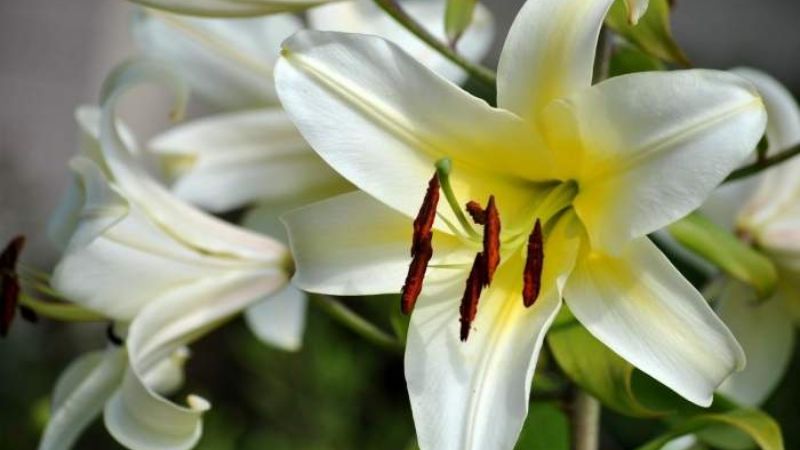 The scent of lilies contains nerve-stimulating components
The scent of lilies contains nerve-stimulating components
2 White Calla Lily
These pure and white blossoms are actually sources of dangerous toxins. The toxins in white calla lilies can cause dizziness, muscle pain, or abdominal pain, and can even lead to arrhythmia, palpitations, or seizures.
For safety reasons, pregnant women should limit their exposure to these flowers and ideally not grow them indoors during pregnancy.
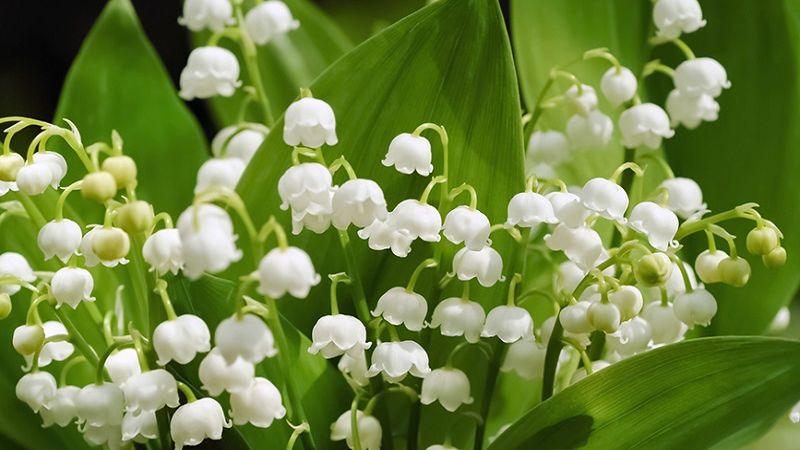 The toxins in white calla lilies can cause dizziness
The toxins in white calla lilies can cause dizziness
3 Hyacinth
Hyacinth is a popular flower widely cultivated in Vietnam. This flower is very adaptable to various climates and easy to care for. However, you should note that hyacinths are also on the list of flowers to avoid during pregnancy because they contain the toxic compound lycorine in their leaves and bulbs.
When this toxin enters the body of a pregnant woman, it can cause unwanted symptoms such as diarrhea and persistent nausea. In addition, direct contact with hyacinths can also lead to itchy skin, burning sensation, and even hallucinations for the mother.
 Hyacinth
Hyacinth
4 Datura Flower
Pregnant women should avoid contact with datura flowers as they can affect the development of the fetus, reduce milk supply, and potentially harm the baby through breastfeeding.
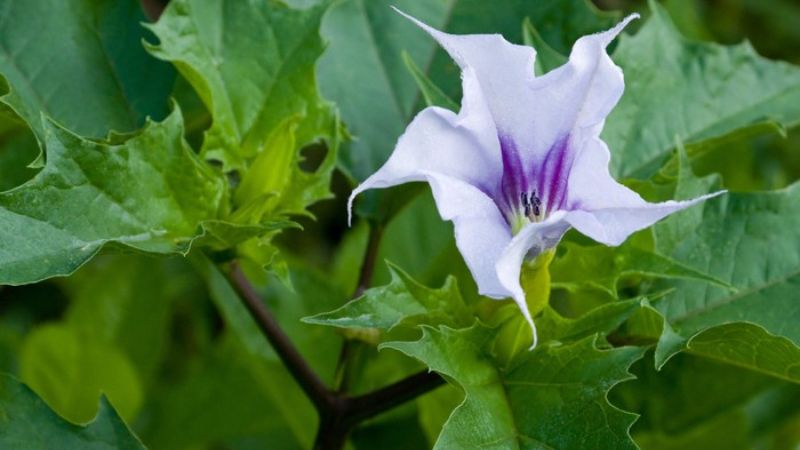 Datura Flower
Datura Flower
5 Rhododendron
Rhododendron is known as an elegant flower and is used as part of natural interior decoration. However, the leaves and nectar of this flower contain many harmful compounds that are dangerous for pregnant women. If a pregnant woman accidentally ingests the leaves or nectar, it can cause symptoms such as vomiting and prolonged diarrhea.
Both white and yellow flowering rhododendrons contain many harmful compounds. Even a small amount can cause poisoning, vomiting, and difficulty breathing.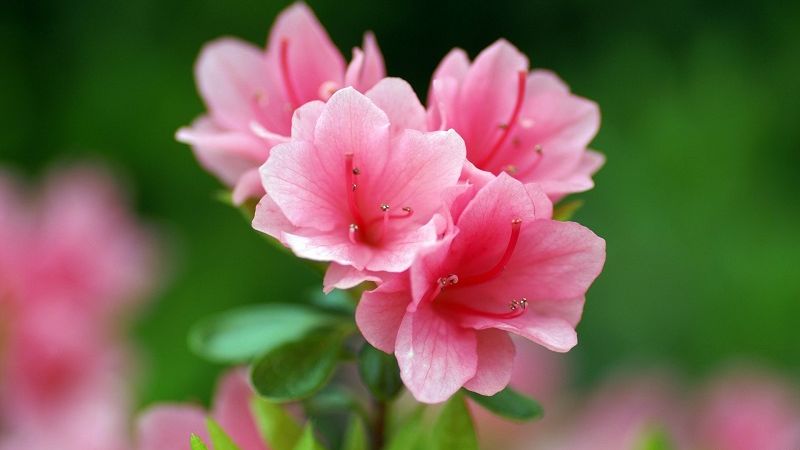 The leaves and nectar of this flower contain many harmful compounds
The leaves and nectar of this flower contain many harmful compounds
6 Impatiens
These flowers are commonly cultivated in cool climates. However, behind the attractive appearance of this flower, there is a hidden danger for pregnant women.
Although they seem “harmless” on the outside, both the stem and the bulb of impatiens contain toxic substances. If a pregnant woman accidentally ingests them, it can cause symptoms such as abdominal pain, and in severe cases, it can lead to unconsciousness, seizures, and if not treated in time, it can be life-threatening for the pregnant woman.
In addition, the pollen of impatiens flowers, if in contact with the skin of a pregnant woman, can cause allergies and itchy rashes.
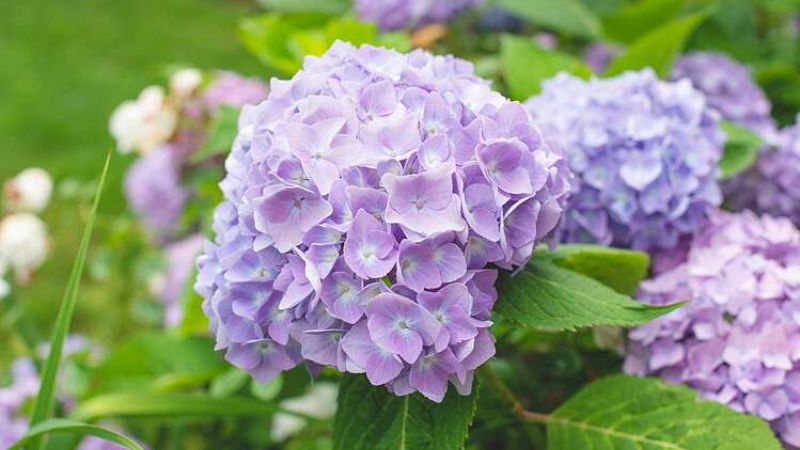 Impatiens flowers can be dangerous for pregnant women
Impatiens flowers can be dangerous for pregnant women
7 Amaryllis
Amaryllis, an exquisite flower that many women love and often use as part of natural interior decoration. Amaryllis leaves and nectar contain alkaloids, a compound that can cause unpleasant symptoms such as glare, nausea, drowsiness, seizures, and diarrhea, even with a small amount of this toxin.
Furthermore, researchers have found that in the roots of the plant, there is narcissin, a toxic compound that exists with a concentration of only 0.06%. This substance can cause pupil dilation, dry mouth, and rapid heartbeat. It is worth noting that the concentration of this toxin can vary depending on the age of the plant, and it can easily penetrate the body through wounds. Therefore, pregnant women should avoid contact with amaryllis throughout their pregnancy to ensure the safety of both the mother and the fetus.
 Amaryllis flowers can be dangerous to health
Amaryllis flowers can be dangerous to health
The health of the mother and the fetus is a top priority during pregnancy. It is important to always be vigilant and understand the factors that can affect your health. Stay away from the 7 types of flowers mentioned in this article to ensure a safe and healthy pregnancy.
Source: Phunutoday.vn
What You Need to Know About ITP Chronic During Pregnancy
Pregnancy leads to a variety of changes in your body. Common pregnancy symptoms include morning sickness, weight gain, cravings for sour or sweet foods, and more. However, if you experience any unusual symptoms […]





































